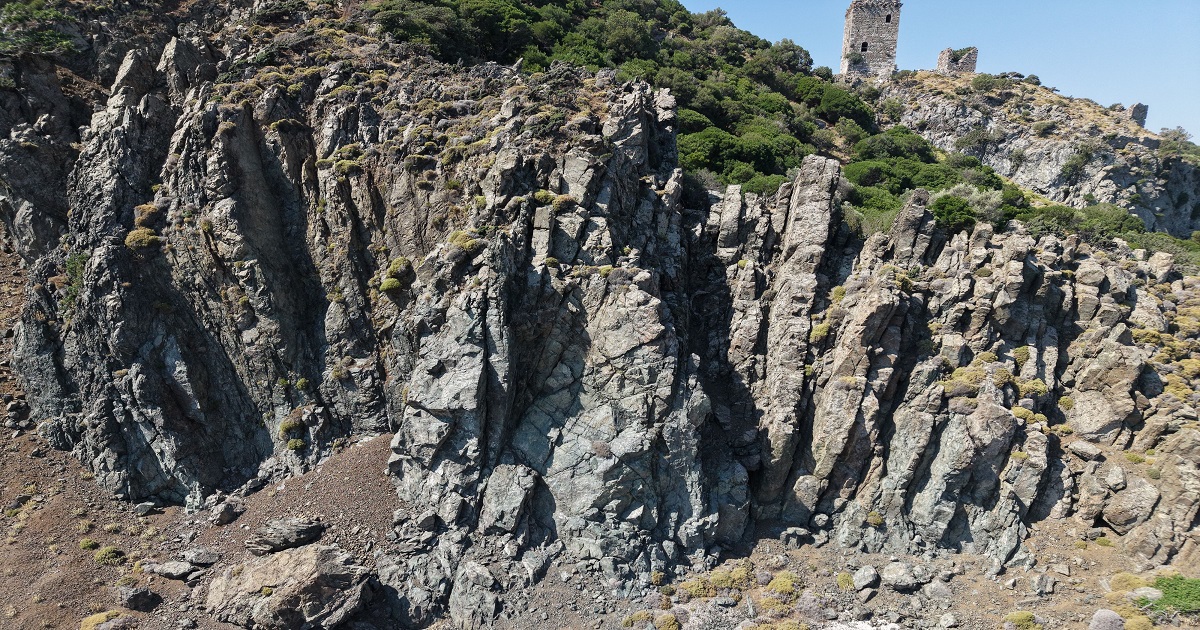- 2.5Impact Factor
- 5.5CiteScore
- 20 daysTime to First Decision
Integrated Approaches to Rockfall Assessment: Bridging Geology and Engineering Perspectives
This special issue belongs to the section “Earth Sciences“.
Special Issue Information
Dear Colleagues,
The Special Issue aims to explore the common ground between geological and engineering approaches in rockfall assessment. Rockfall is a dynamic and complex natural phenomenon driven by geological, geomorphological, and mechanical factors. As one of the most common geohazards in mountainous regions, rockfalls are increasingly affected by climate change, resulting in more frequent and intense events.
This Special Issue will cover advancements in: (a) susceptibility, hazard, and risk frameworks incorporating temporal and spatial uncertainties; (b) identification and evaluation of triggering mechanisms, such as precipitation, earthquakes, and climate change effects; (c) trajectory modelling—from the mechanical response at impact to sophisticated physical-based engines; (d) mitigation technologies, such as rockfall barriers and early-warning systems; and (e) construction techniques and design practices.
Furthermore, the issue will highlight the role of recent technologies, such as remote sensing, LiDAR, UAV, advanced simulation methods, and AI approaches, in improving data acquisition and analysis.
An integrated approach between geologists and engineers is essential for understanding, predicting, analyzing, mitigating, and managing rockfall hazards. This Special Issue aims to foster this dialogue, enhancing knowledge to improve our ability to protect against rockfalls and form safer infrastructures and communities.
Dr. Pavlos Asteriou
Dr. George Papathanassiou
Guest Editors
Manuscript Submission Information
Manuscripts should be submitted online at www.mdpi.com by registering and logging in to this website. Once you are registered, click here to go to the submission form. Manuscripts can be submitted until the deadline. All submissions that pass pre-check are peer-reviewed. Accepted papers will be published continuously in the journal (as soon as accepted) and will be listed together on the special issue website. Research articles, review articles as well as short communications are invited. For planned papers, a title and short abstract (about 250 words) can be sent to the Editorial Office for assessment.
Submitted manuscripts should not have been published previously, nor be under consideration for publication elsewhere (except conference proceedings papers). All manuscripts are thoroughly refereed through a single-blind peer-review process. A guide for authors and other relevant information for submission of manuscripts is available on the Instructions for Authors page. Applied Sciences is an international peer-reviewed open access semimonthly journal published by MDPI.
Please visit the Instructions for Authors page before submitting a manuscript. The Article Processing Charge (APC) for publication in this open access journal is 2400 CHF (Swiss Francs). Submitted papers should be well formatted and use good English. Authors may use MDPI's English editing service prior to publication or during author revisions.
Keywords
- rockfall hazard assessment
- susceptibility and risk modelling
- trajectory simulation
- rockfall mitigation measures
- remote sensing
- AI applications

Benefits of Publishing in a Special Issue
- Ease of navigation: Grouping papers by topic helps scholars navigate broad scope journals more efficiently.
- Greater discoverability: Special Issues support the reach and impact of scientific research. Articles in Special Issues are more discoverable and cited more frequently.
- Expansion of research network: Special Issues facilitate connections among authors, fostering scientific collaborations.
- External promotion: Articles in Special Issues are often promoted through the journal's social media, increasing their visibility.
- e-Book format: Special Issues with more than 10 articles can be published as dedicated e-books, ensuring wide and rapid dissemination.

